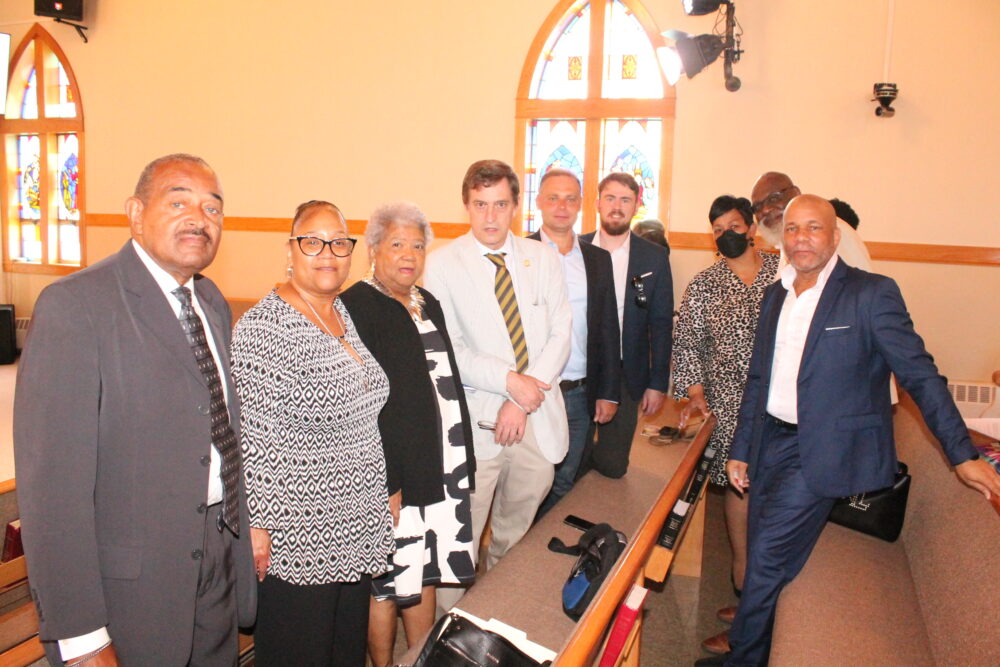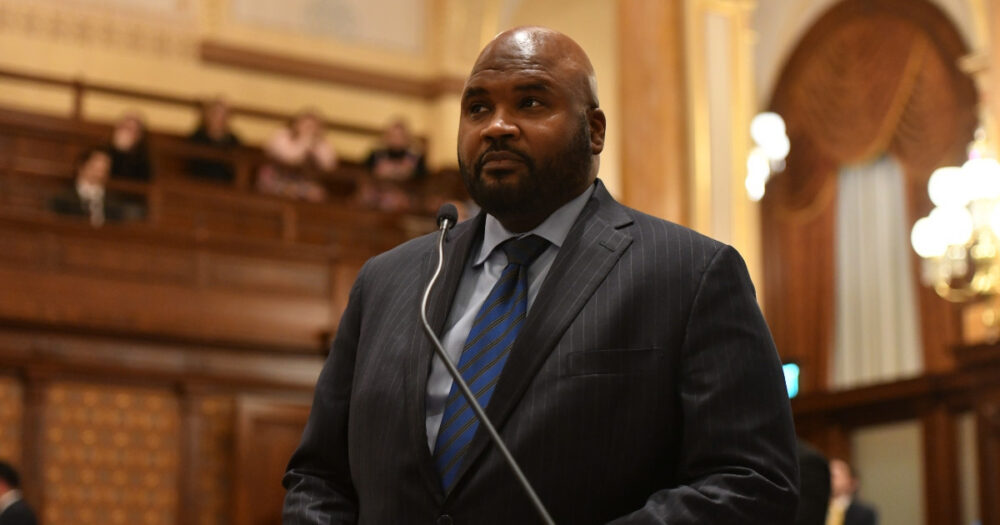Amazon Books came across as if it had been created by data miners who once visited a mall bookstore like Waldenbooks. Once, years ago. As I wrote when it opened, if a bookstore reflects a community, Amazon Books felt right for slick, gentrified Southport. What’s more obvious now is how much the store also reflected Amazon’s approach to books themselves. To grow his nascent web business in the 1990s, Bezos needed a loss leader. Books had a mostly uniform size (making them easier to package and ship) and upscale customers (drawing a demographically-attractive base who might stick around for toasters and socks). But when it came time to occupy real-world real estate and mine real-time data from physical locations, books were an odd choice. Amazon was so successful online with books, a strange hybrid evolved: the Amazon book customer who feels guilty buying books from Amazon. (Perhaps, um, you know one or two of these creatures?) And so, occasionally they go out of their way to browse and buy books from warm, local bookstores. But why leave home to shop for books at Amazon?
Subscribe to Updates
Get the latest creative news from FooBar about art, design and business.






